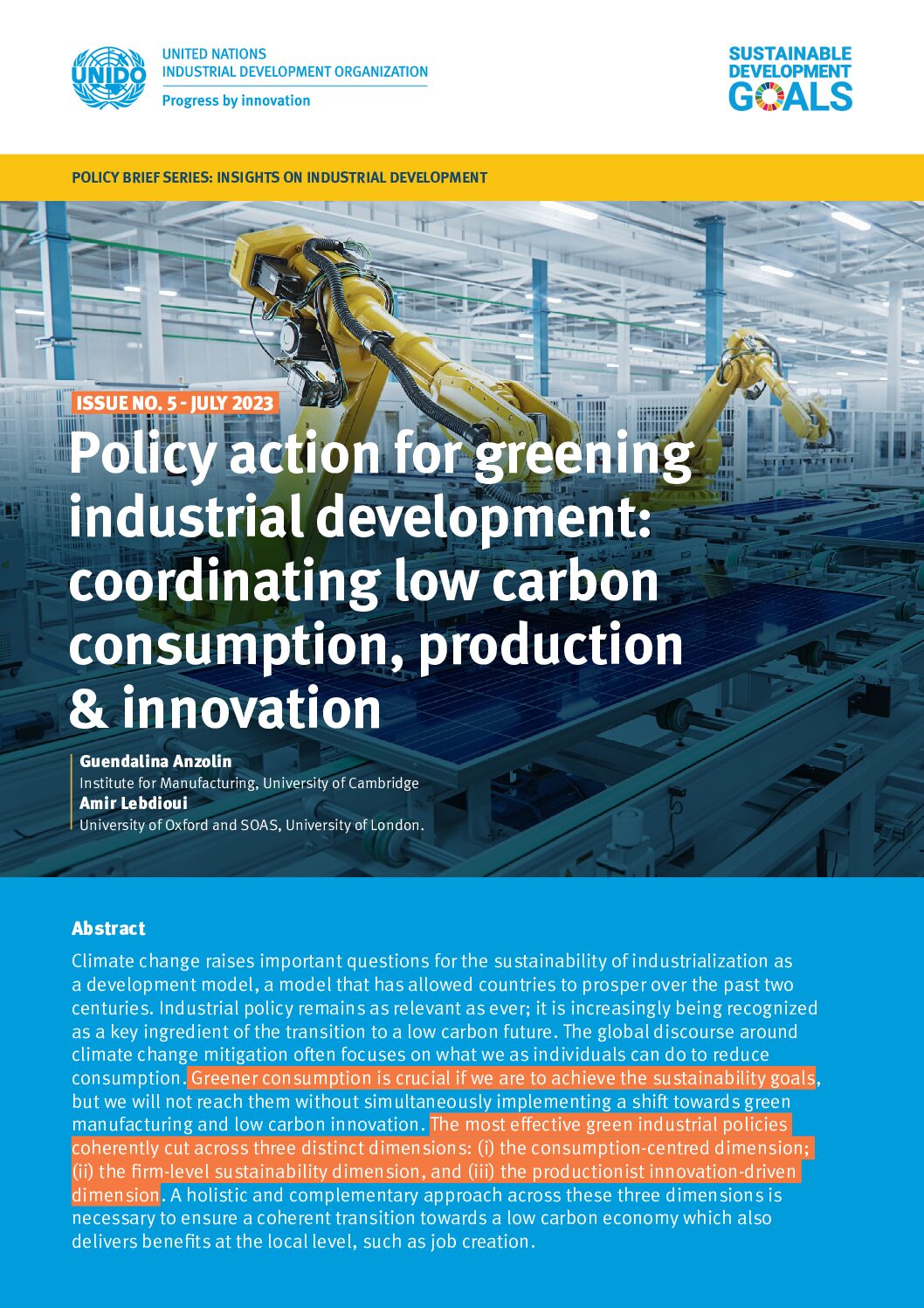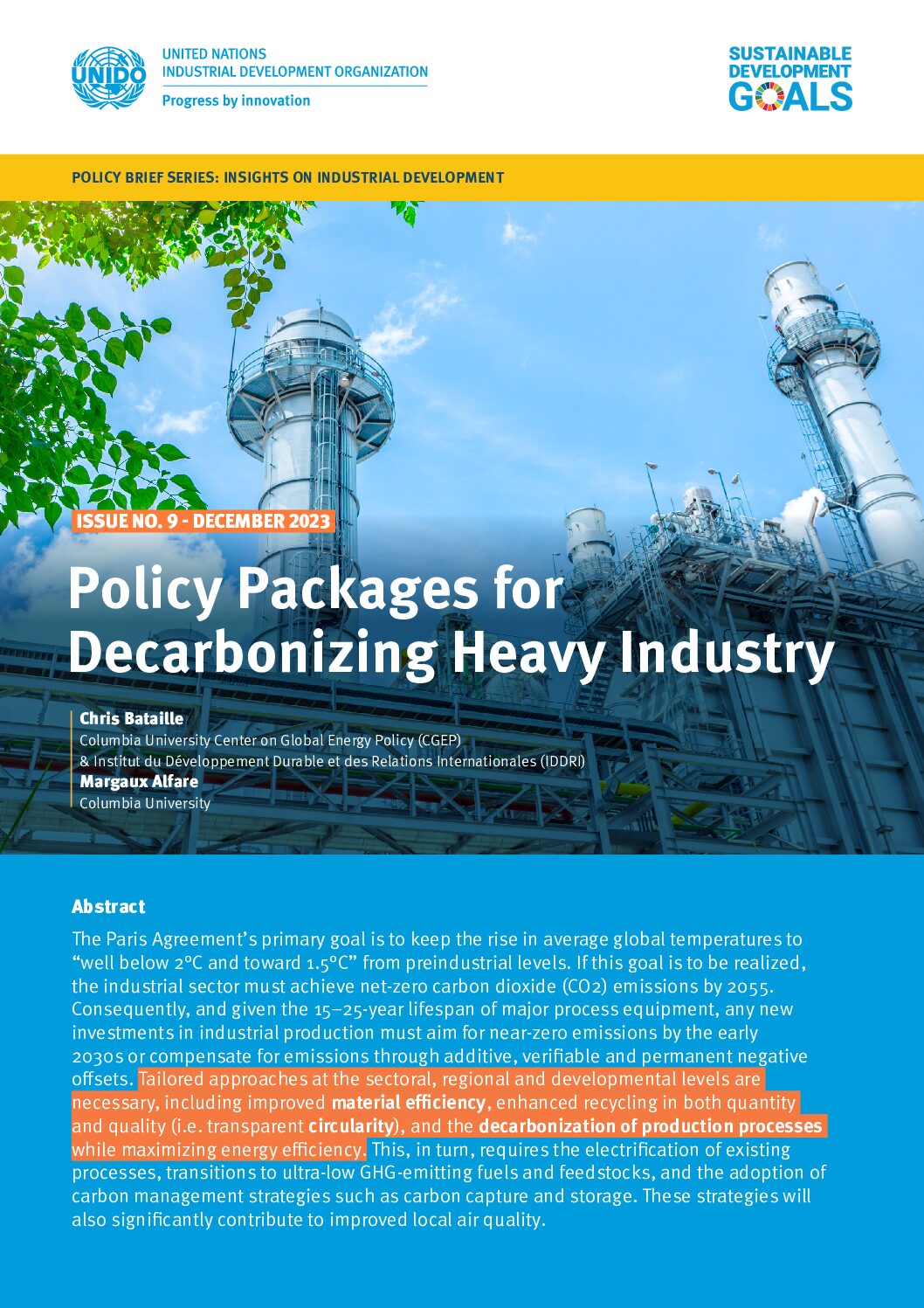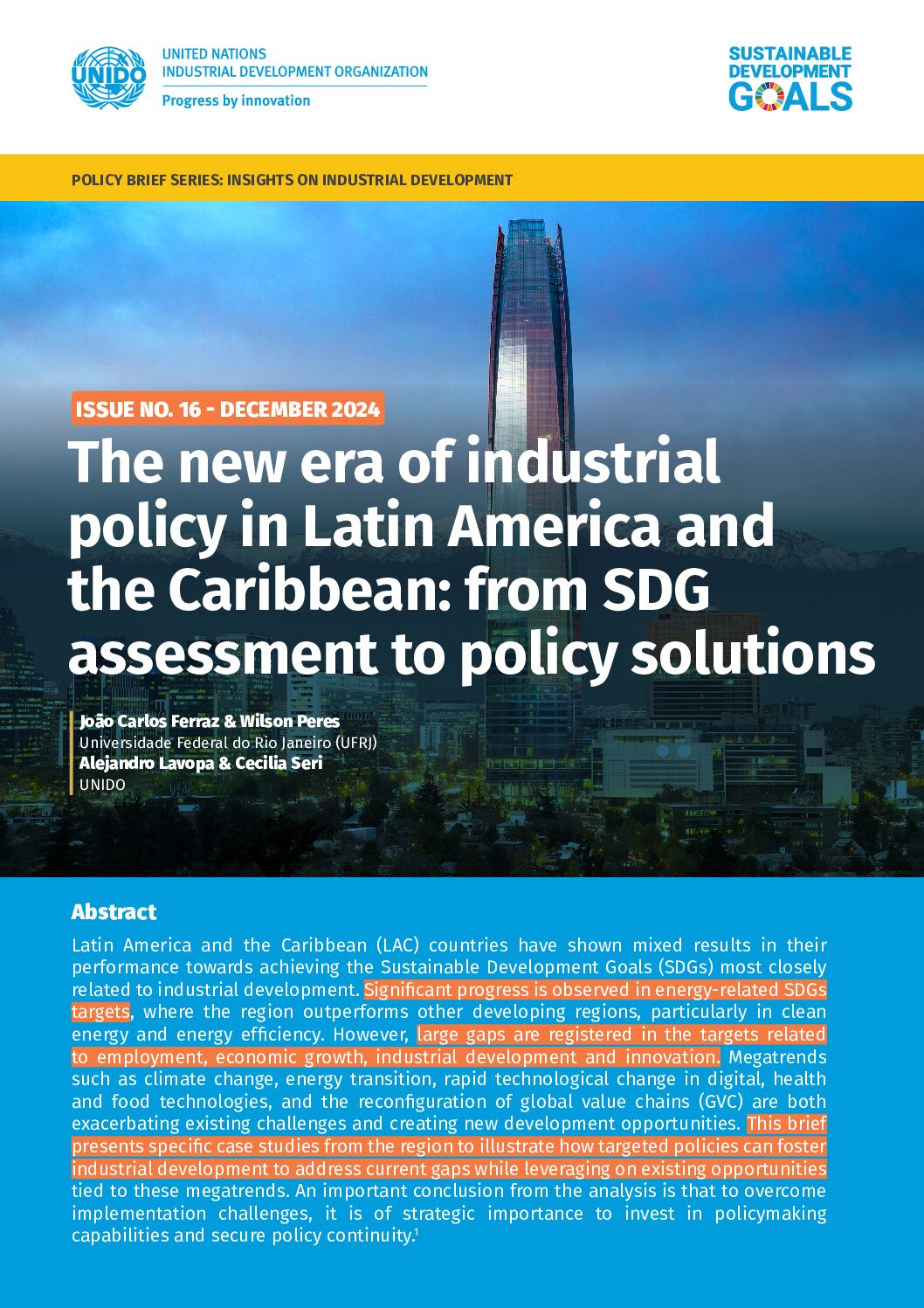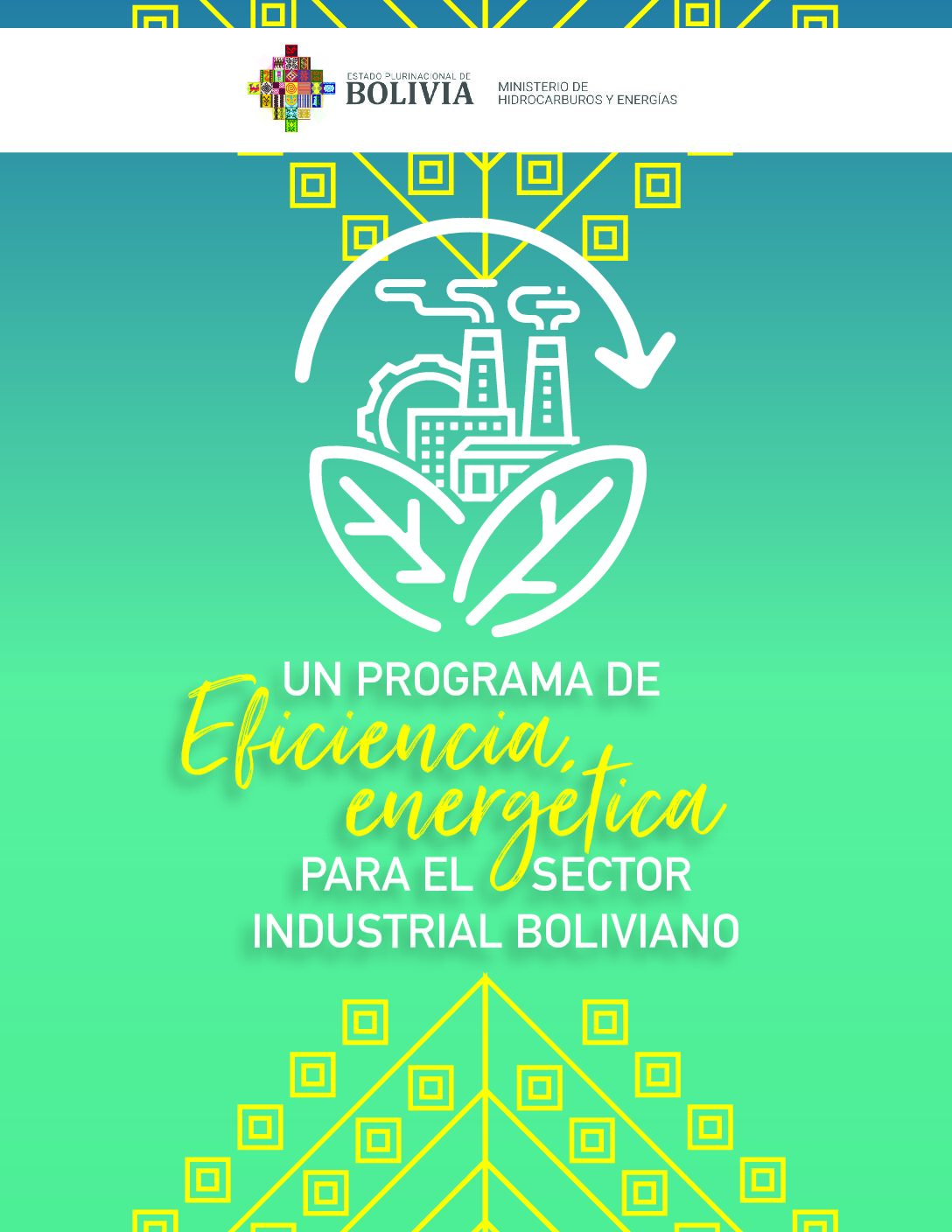Government spending and other forms of actual support to renewable energy is a blind spot at the international level. To help address the knowledge gap, IISD developed an inventory of public financial support for renewable energy generation and integration by G20 governments. It shows that G20 governments provided over $168 billion in public financial support […]
Despite strong calls for energy subsidy reforms, governments around the world still spend billions subsidising fossil fuel consumption each year. This report investigates how reforms can be designed that work in practice, drawing on over a decade of World Bank experience supporting these processes.
This report shares successful industrial efficiency practices from the Republic of Korea.
A course on energy subsidies, their costs, and the design of a successful reform based on country case studies.
This brief describes the balance required in effective green industrial policies across three dimensions: consumption-centred, production-centred, and innovation.
This brief describes policy options for the decarbonisation of heavy industry, both for improved material efficiency and for electrification.
This brief presents case studies from Latin America and the Caribbean of policies that foster industrial development that supports the SDGs.
This brief discusses how African LDCs can develop industrial policies that prioritise infrastructure, clean technologies and youth employment.
This strategy describes the current state of industrial energy efficiency in Bolivia and ways to advance progress.
This strategy provides an overview of energy production and consumption in Zambia, and sets objectives for efficiency improvements in the residential, industrial and transport sectors.









